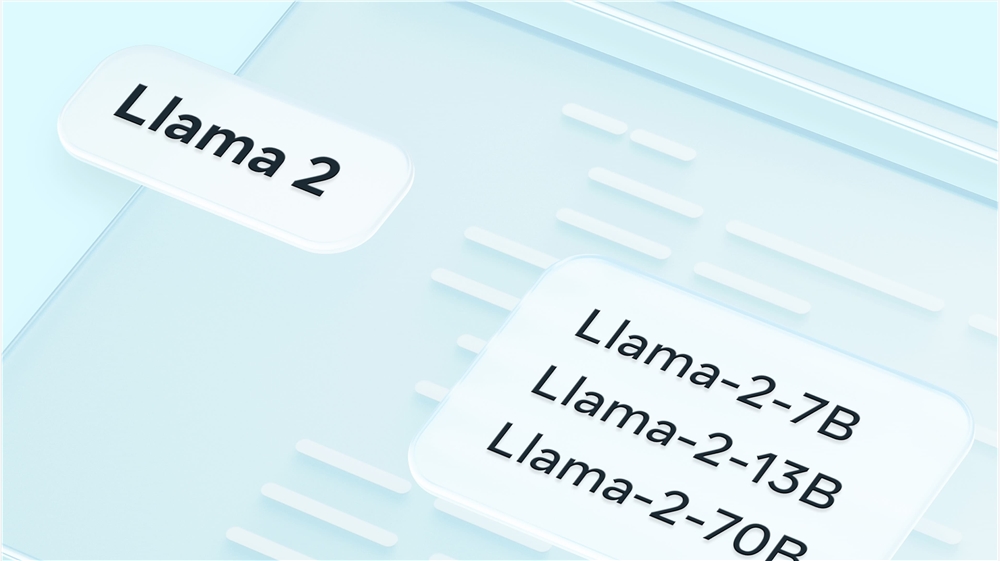Meta CEO Mark Zuckerberg recently announced that Meta is actively promoting the application of its Llama artificial intelligence model in the U.S. government departments. The move has attracted widespread attention, with speculation about which departments will use Llama, as well as its application purpose and potential military uses. This article will conduct in-depth analysis of Meta's cooperation with the US government, and explore the future development of the Llama model and Meta's strategic layout in the field of AI.
During the just-concluded Meta's third-quarter earnings call, CEO Mark Zuckerberg revealed that Meta is working to promote the application of its Llama artificial intelligence model in the U.S. government.
This news has raised many questions: Which government departments will use Meta's AI? What purpose will these AIs be used for? Will there be military applications? Will Meta be paid for these cooperations?

Zuckerberg said Meta has reached a collaboration with the U.S. State Department to explore how to use Llama to solve various problems, such as expanding access to safe drinking water and reliable electricity, supporting small business development, etc.
He also mentioned that Meta is communicating with the Ministry of Education to see how Llama can make the student’s bursary application process more user-friendly. In addition, Meta is discussing potential applications of Llama with other departments. It should be noted that Zuckerberg mentioned that these cooperations did not involve any payments.
Meta's move is particularly eye-catching against the backdrop of increasingly fierce competition in AI. Meanwhile, other AI companies such as OpenAI and Anthropic are also working with the U.S. government, and OpenAI's model has been used in institutions such as the Defense Advanced Research Projects Agency, the U.S. Agency for International Development and Los Alamos National Laboratory. In addition, Google's partnership with the Pentagon has also attracted much attention.
Zuckerberg also revealed more about the Llama model during the earnings call. He said the fourth edition model is being trained on a larger cluster than any other company reported, and is expected to launch "new models", "stronger reasoning capabilities" and "faster performance." Zuckerberg acknowledged that Meta plans to continue to increase investment in AI in 2025, and while this may not be the news investors want to hear, he believes such an investment is worth it.
Despite external pressure, Meta continues to grow. The company reported revenue in the third quarter was $40.5 billion, a year-on-year increase of 19%, and net profit was $17.3 billion. 3.29 billion people use at least one of Meta's apps every day, a 5% increase from last year.
Key points:
1. Zuckerberg said Meta is promoting the application of Llama AI in the U.S. government and has cooperated with the State Department.
2. These AI technologies will be used to improve safe drinking water, reliable electricity and student grant applications, but do not involve funding transactions.
3. Despite the challenges, Meta still achieved a 19% revenue growth in the third quarter, with net profit of US$17.3 billion.
In short, Meta's move to enter the government's AI field marks a major change in its artificial intelligence strategy, and future development is worth looking forward to. At the same time, the application of the Llama model also provides new ways for government departments to solve practical problems, but its potential risks and ethical issues still need to be treated with caution.